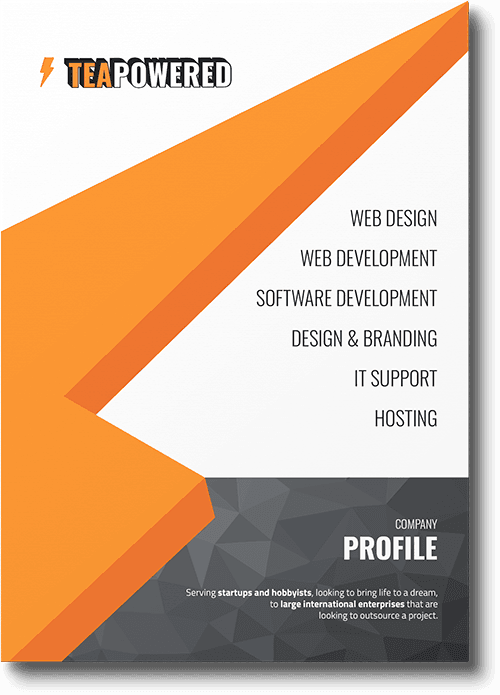Introduction
Content Management Systems (CMS) play a vital role in website development, enabling businesses to efficiently manage and update their digital content. While WordPress is a popular choice for many, opting for a bespoke CMS offers a range of benefits that can elevate your website management experience to new heights. In this article, we will explore the advantages of choosing a bespoke CMS over WordPress and why it may be the superior choice for your specific needs.
Tailored to Your Exact Requirements
A bespoke CMS is built from scratch, specifically tailored to meet your unique business requirements. Unlike WordPress, which is a pre-designed platform with limitations, a bespoke CMS allows for complete customisation. You have the freedom to incorporate the exact features and functionalities you need, ensuring a seamless user experience and optimal performance.
CMS Bloat and Technical Debt
WordPress, for all its popularity and versatility, is not immune to CMS bloat. As a platform that caters to a wide range of users, it comes with a plethora of built-in features and a vast library of plugins and themes. While this flexibility can be advantageous, it can also lead to unintended consequences.
As websites evolve and adapt, they often accumulate plugins and themes to meet changing needs. While this approach provides short-term solutions, it can result in a CMS that is filled with redundant or conflicting code, slowing down website performance and complicating maintenance.
Enhanced Security
WordPress's popularity makes it a prime target for hackers. Its open-source nature and wide range of plugins can create vulnerabilities if not properly maintained. In contrast, a bespoke CMS offers increased security as it is developed with your specific needs in mind. You can implement robust security measures and ensure your website is protected from potential threats, minimising the risk of data breaches and unauthorized access.
Improved Performance
While WordPress is known for its user-friendly interface, it can become bloated and slow as more plugins and extensions are added. A bespoke CMS, on the other hand, is designed to optimise performance. It eliminates unnecessary code and features, resulting in a lean and efficient system. This not only enhances the loading speed of your website but also provides a smoother user experience, leading to higher engagement and improved conversion rates.
Scalability and Flexibility
As your business grows, so do your website requirements. WordPress may have limitations when it comes to scalability and flexibility. With a bespoke CMS, you have full control over the system's architecture and can easily scale and adapt as your business evolves. Whether you need to integrate complex functionalities, manage multiple websites, or expand into new markets, a bespoke CMS can be customised to accommodate your growth and evolving needs.
Ongoing Support and Maintenance
While WordPress has a large community and extensive documentation, obtaining personalised support can be challenging. In contrast, with a bespoke CMS, you have direct access to a dedicated team of developers who understand the intricacies of your system. They can provide ongoing support and maintenance, ensuring your CMS remains up-to-date, secure, and optimised for performance.
Conclusion:
While WordPress has its merits and is suitable for many websites, a bespoke CMS offers distinct advantages that make it a superior choice for those seeking tailored solutions, enhanced security, improved performance, scalability, and ongoing support. If you desire complete control over your website's features and functionalities, as well as a robust and efficient system that can grow with your business, a bespoke CMS is the ideal option to elevate your website management experience.
Disclaimer: WordPress is a popular CMS with a large community and extensive plugin ecosystem. It can be a suitable choice for many websites, depending on their specific requirements and preferences. The purpose of this article is to highlight the advantages of a bespoke CMS and provide insights for consideration when making a CMS selection.
